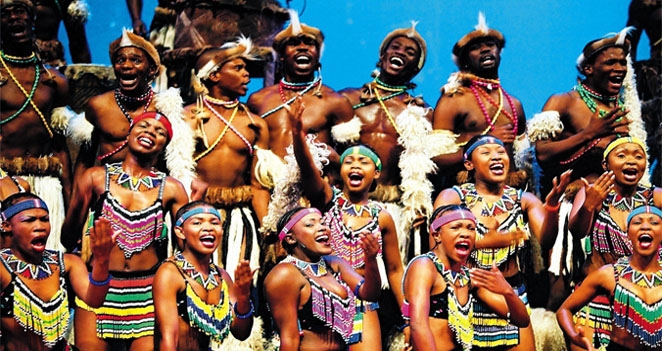The Zuru people are an ethnic group predominantly found in Kebbi State, Nigeria, particularly in the Zuru Emirate. They belong to the larger Hausa-Fulani cultural and linguistic group but have distinct cultural practices and traditions that set them apart.
The culture of the Zuru people is deeply rooted in their history, religion, and traditional practices. Here are some aspects of Zuru culture:
Advertisements
- Language: The Zuru people primarily speak the Zuru dialect of the Hausa language, which is the dominant language in northern Nigeria. However, they also have their unique expressions, idioms, and proverbs that reflect their cultural identity.
- Religion: Islam is the predominant religion among the Zuru people, and it plays a significant role in their daily lives, social customs, and ceremonies. Islamic festivals such as Eid al-Fitr and Eid al-Adha are celebrated with fervor and communal gatherings.
- Traditional Attire: The traditional attire of the Zuru people reflects their cultural heritage and identity. Men typically wear long, flowing robes known as “babariga” or “agbada,” often adorned with intricate embroidery, while women wear colorful wrappers and headscarves.
- Music and Dance: Music and dance are integral parts of Zuru culture, often accompanying social gatherings, celebrations, and festivals. Traditional musical instruments such as drums, flutes, and talking drums are commonly used to create rhythmic melodies that accompany dances.
- Cuisine: The cuisine of the Zuru people is influenced by the local agricultural produce and culinary traditions of the region. Staple foods include grains like millet and sorghum, which are often served with soups, stews, and sauces made from vegetables, meat, or fish.
- Traditional Festivals: The Zuru people celebrate various traditional festivals throughout the year, which serve as occasions for community bonding, religious observance, and cultural expression. These festivals often feature rituals, performances, and ceremonies that showcase the richness of Zuru culture.
- Social Structure: The Zuru society traditionally has a hierarchical social structure, with distinct roles and responsibilities assigned to different members of the community based on age, gender, and status. Elders hold significant influence and are respected for their wisdom and experience.
- Craftsmanship: The Zuru people are known for their craftsmanship in various artisanal activities such as weaving, pottery, leatherwork, and metalworking. These skills are passed down through generations and contribute to the local economy and cultural heritage.
Overall, the culture of the Zuru people is characterized by its diversity, resilience, and deep-rooted traditions that have endured for generations. Despite modern influences, Zuru culture continues to thrive and evolve, shaping the identity and pride of its people.







